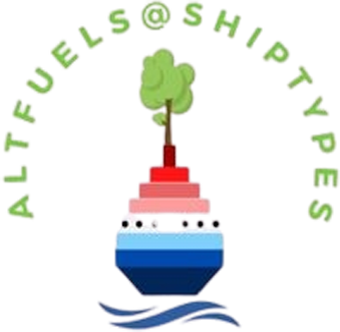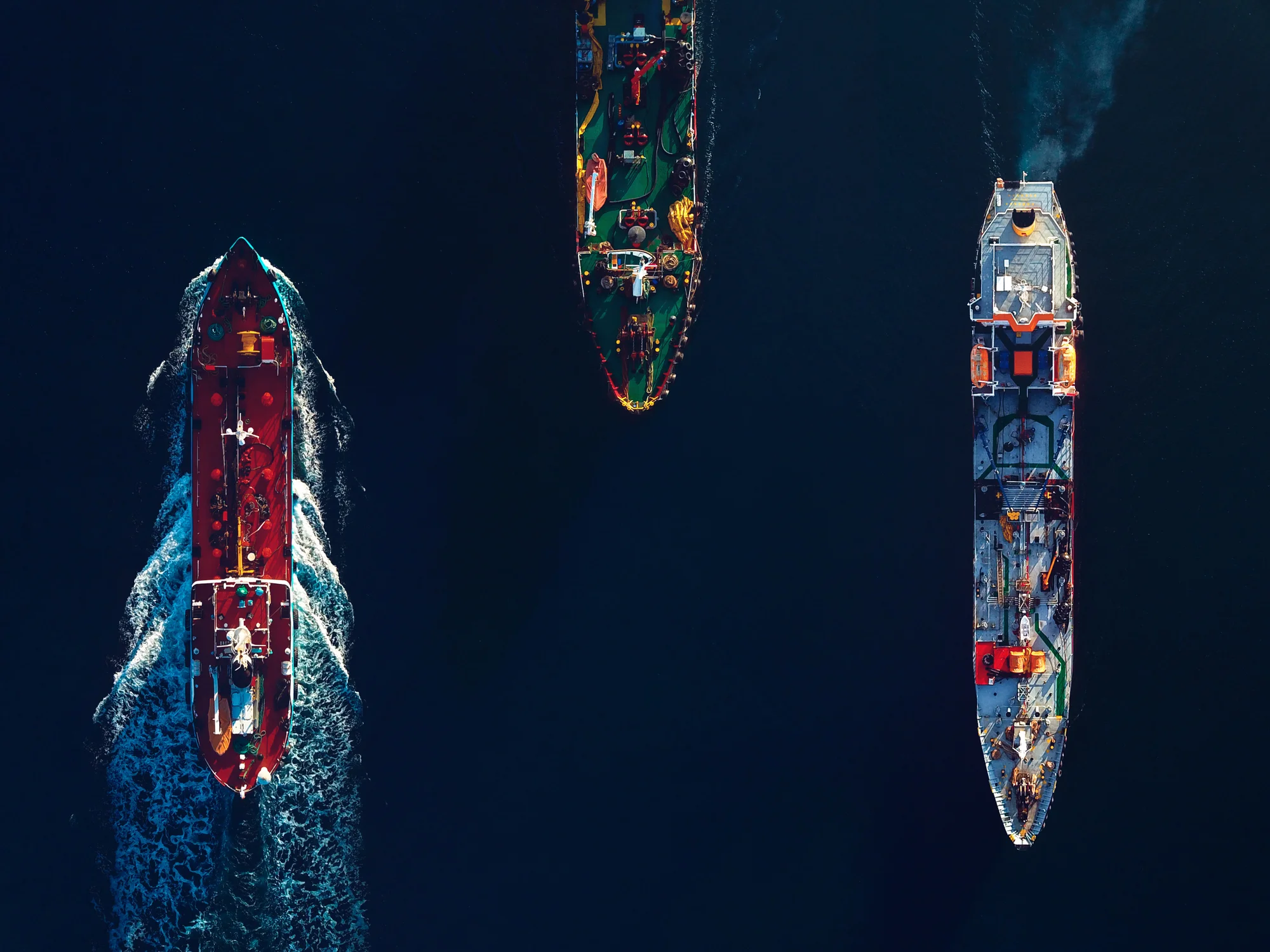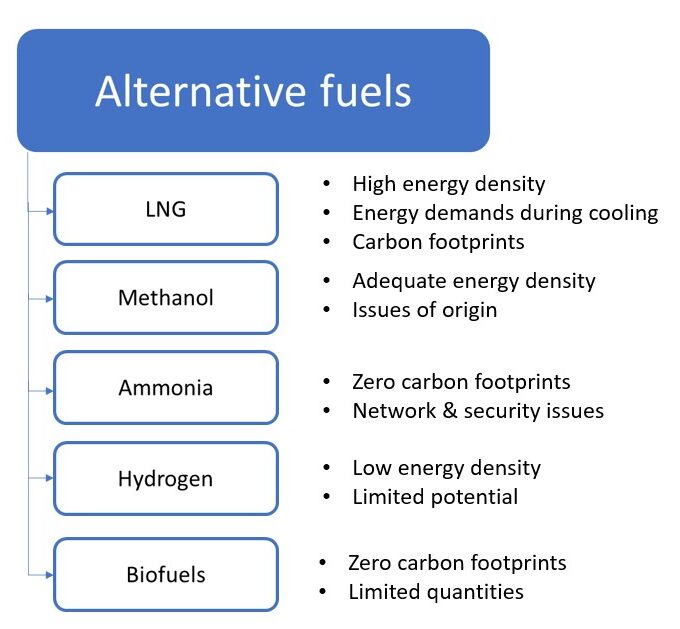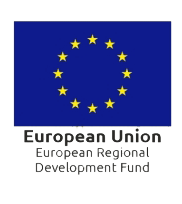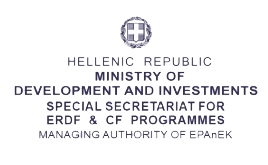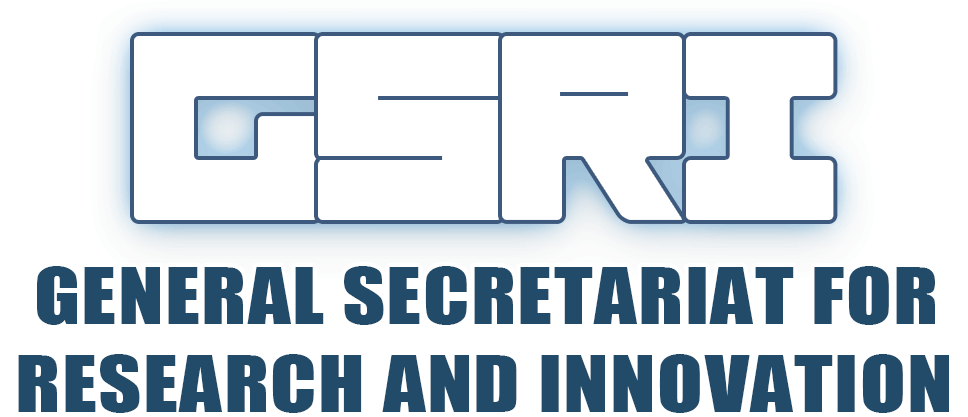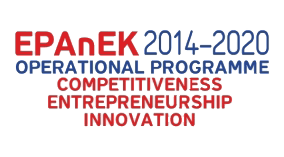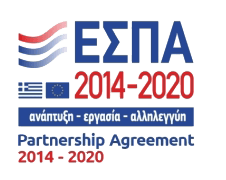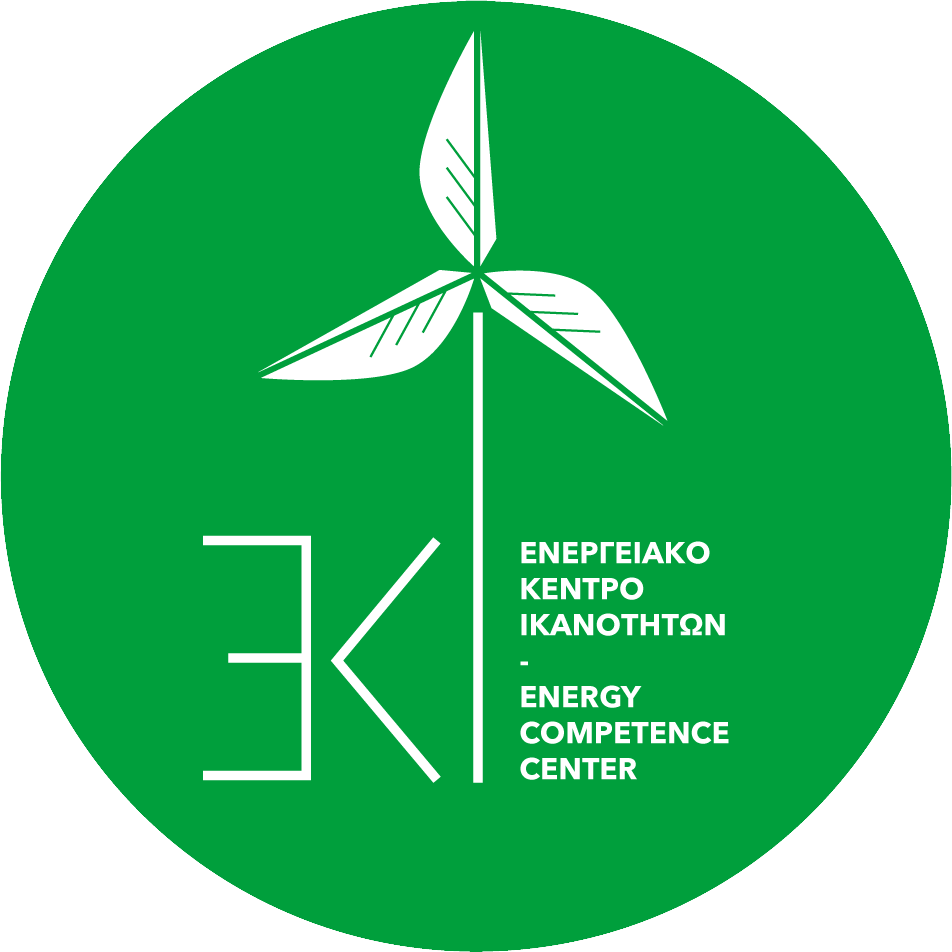Project Structure
Project structure encompasses the systematic arrangement and organization of research components, enabling a clear and logical framework for conducting and presenting a study
01.
Energy integration
energy - challenges - objectives
The transition to green energy sources is now at the forefront of international policies, aiming to achieve a Net Zero emissions target by 2050.
The timelines for reducing greenhouse gas emissions in the shipping industry are tight, and the objectives are specific.
While making emissions ‘green’ is not feasible, it is possible to capture and store them at sea until their final transportation and use at the port.
Guidelines for Fuel EU Maritime:
- reduction of 20 % by 2035
- 38 % by 2035
- 80 % by 2050
The maritime sector, which holds a critical position in the country’s economy, is thus tasked with confronting substantial challenges.
Energy integration in maritime transportation is an imperative, rendering the thorough examination of all its parameters a task of primary significance.
Energy integration in maritime transportation refers to the effort of incorporating and optimizing energy consumption during sea transport, with the goal of reducing energy consumption and environmental impacts.
This may include measures such as optimizing routes and voyages, using more efficient machinery and engines, incorporating renewable energy sources (such as solar or wind energy) and alternative fuels for vessel propulsion, and implementing technologies that reduce energy losses during navigation, such as the use of pumps instead of traditional propellers.
Overall, the aim of energy integration is to make maritime transport more efficient, sustainable, and environmentally friendly.
The altfuels@shiptypes project places special emphasis on the exploration of alternative fuels. These fuels, in addition to their obvious carbon footprint benefits, are appealing due to their substantial co-production potential, efficiently addressing the evolving needs of the vessel.
Alternative fuels, such as LNG and Η2, also have the advantage that their storage and usage conditions are similar to those of CO2 and other gases, like CH4, that are emitted or stored.
The key objectives of the project encompass:
- Energy integration aimed at utilizing cold fuel streams prior to combustion and harnessing hot exhaust gases, with the overall goal of reducing the vessel's operational thermal requirements.
- A plan for the energy integration that incorporates a parallel carbon dioxide capture system at sea.
- Final result: newly built or retrofitted ships that are more environmentally friendly with a reduced carbon footprint.
02.
Life Cycle Analysis: Fuels – Emissions
lca
Life Cycle Analysis (LCA) is a methodology used to assess the overall environmental impact of a product or system throughout its entire lifecycle,
from the initial production of raw materials to the disposal or recycling of the product.
In the case of maritime transportation and the evaluation of a fuel or gas, Life Cycle Analysis includes the following stages:
- Extraction and production of the raw materials used for fuel or gas production.
- Transportation and processing of these materials for fuel or gas production.
- Utilization of the fuel or gas during maritime transportation.
- Addressing emissions and environmental impacts resulting from the use of the fuel or gas.
- Final disposal, recycling, or processing of the fuel or gas after use.
Through Life Cycle Analysis, it is possible to assess the overall energy consumption, greenhouse gas emissions, water and soil pollution, and other environmental effects associated with the fuel or gas used in maritime transport. This assessment can be used to make decisions that enhance sustainability and reduce the environmental impact of maritime transportation.
More specifically, altfuels@shiptypes will center its efforts on:
- Enhancing fuel efficiency, and
- Pioneering innovative solutions, primarily in the context of CO2 capture and storage at sea, encompassing both vessels and subsequent port facilities.
The objective of this project phase is:
- Holistic and systematic approach aiming to harness the energy potential of low carbon fuels from storage to combustion
In pursuit of this objective, diverse scenarios will be implemented, encompassing both the composition of utilized fuels and the ship engine types.
This initiative holds particular appeal and even provides, in the immediate future, the opportunity to employ fuels with a less favorable energy footprint, as preliminary findings indicate.
altfuels@shiptypes aims for comprehensive solutions, specifically:
- The use of multiple fuels on ships (Which fuels and how they are combined - How they affect the engines).
- CO2 capture at sea and unloading at the port.
- Energy integration.
- Energy-saving prospects in hotels.
-
Prospects for integrated planning:
Low carbon fuels are stored at sub-zero temperatures.
CO2 is stored at sub-zero temperatures.
Energy integration can yield positive results. - Water conservation.
03.
Systemic Approach: Toolkit for Implementing
and Designing Future Projects
Developing new tools
The systemic approach of the altfuels@shiptypes project aims to create and utilize versatile tools
that can be adapted for various vessels and diverse requirements, covering a broad spectrum of applications.
The immediate and overarching objective is to develop a toolkit suitable for third-party utilization. Investing in a vessel is a highly expensive endeavor and not conducive to experimentation.
In the pursuit of compliance with and achievement of energy objectives in maritime transportation over the forthcoming decades, it is crucial to meticulously examine and accurately document the relationship between alternative fuels in maritime logistics. This includes exploring the possibilities and prospects they offer and how they can be seamlessly integrated with the existing fleet.
Given the paramount importance of the maritime industry, the innovation and implementation of novel tools will lead to a transformation of maritime transportation through the redesign of production and fuel utilization processes, alongside the study of more suitable alternative fuels or their mixtures.
Alternative fuels, in addition to their evident carbon footprint advantages, hold substantial allure due to their potential for efficient co-production, better catering to the vessel’s requirements.
The comprehensive goal of altfuels@shiptypes is the development of toolkits concerning:
- Alternative fuels.
- Different types of vessels.
- Integrated solutions related to ship requirements.
- Their connection to a country's transportation network and routes.
In essence, its objective is to create tools that will empower every prospective investor to make optimal decisions.
These tools will be tested in various scenarios that differ in terms of the type and composition of alternative fuels, as well as the type of engines.
The evaluation of these scenarios involves studying the energy flows of conventional vessels using traditional fuels in comparison to alternative fuels and/or their combinations.
The energy flows are reinserted into energy and mass balance diagrams in the form of flowcharts, utilizing existing tools or tools developed by altfuels@shiptypes.
The application of these tools has already yielded positive results, demonstrating up to a 25% energy improvement after implementing the proposed solutions.
Ready to learn more about ALTFUELS@SHIPTYPES project?
Delve into the core components of our project for a comprehensive overview of its key aspects,
progress, and outcomes

Project Structure

Work Units
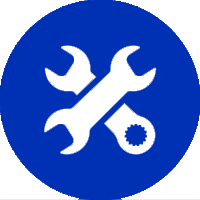
Preliminary Study

Deliverables

